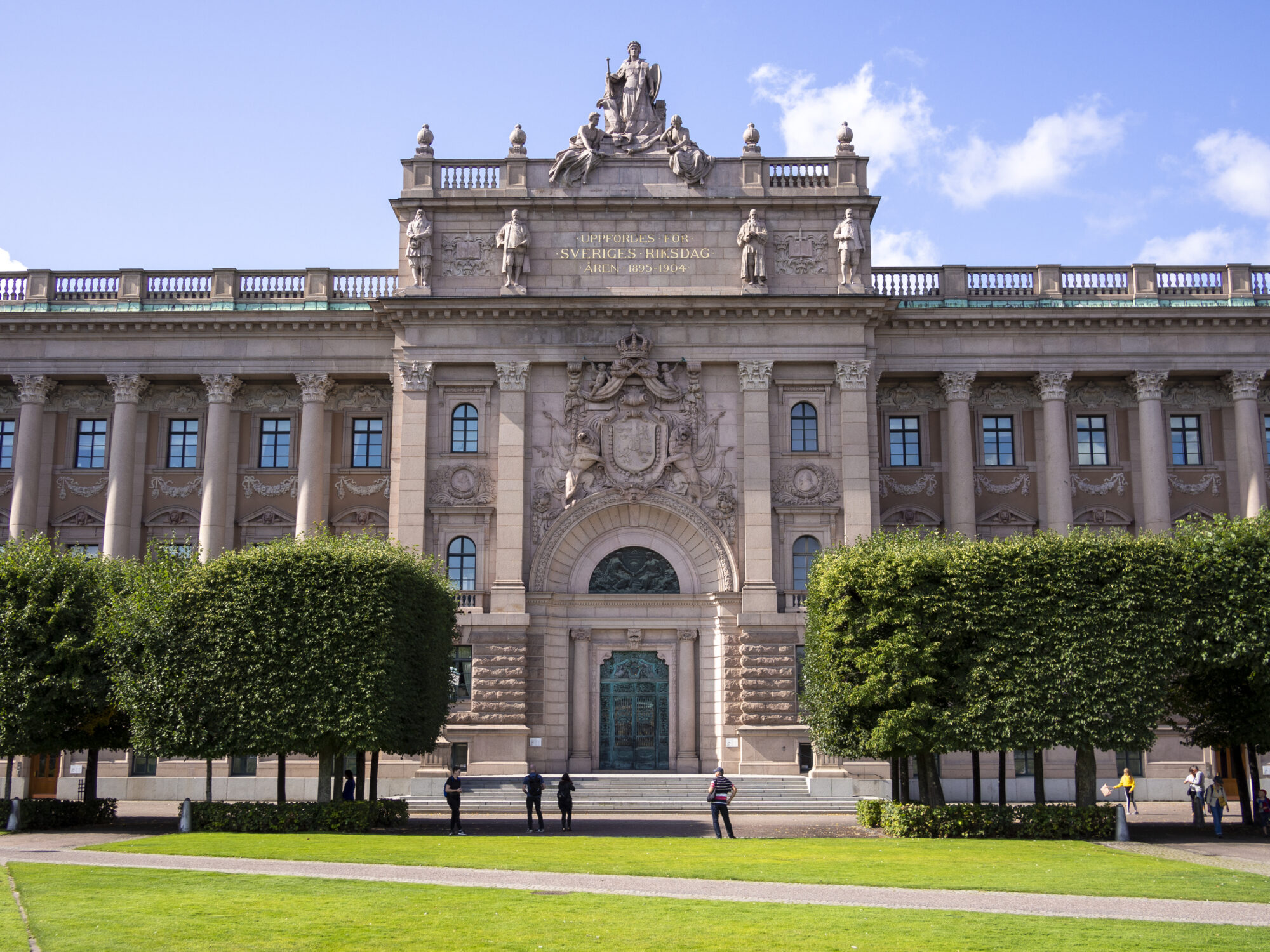The Swedish general election held on September 11th resulted in the victory of a coalition including a far-right party, for the first time in the country’s history: the Sweden Democrats. New right-wing government, energy crisis, tensions with Russia… Sweden’s recent mutations shed light on a quintessentially European crisis.
Scandinavian nations are well-known for their progressive mindset, however, this image is slowly being pushed aside. Indeed, the results of Sweden’s recent elections give place to a center-right government, which will also rely heavily on a far-right party. The Sweden Democrats (SD) is an old party that started off with a white supremacist agenda, and has tried to clean its public image. This anti-immigration and nationalist party gathered more than one in five votes in September, and now have crucial power in the country. After a month of discussion, the final government was revealed on October 18th: the new prime minister is Ulf Kristersson, leader of the Moderate party. He will govern with a right-wing coalition including the Moderate Party, the Christian Democrats, and the Liberals. The newly appointed prime minister declared: “The Sweden Democrats will cooperate with the Government in the Riksdag, and will have political staff at the Government Offices”. This status gives unprecedented power to the SD.

A Long Overdue Reshaping of the Political Scene?
The Swedish people’s vote meant that “change is not only necessary, change is also possible, and we four parties together can offer that change”, Ulf Kristersson added. The wind of change that is blowing over Stockholm has been a long time coming, it seems. It reveals issues that are rampant throughout the whole old continent of Europe. The most divisive one is obviously immigration. Sweden has been one of the most generous countries, welcoming huge flows of population, but it is now backtracking on this policy. The country is also dealing with its highest rates of gun violence ever – because of the rise of organised crime. Besides these security matters, Sweden, like the rest of Europe, is going through an economic recession : inflation, slow growth, and increased unemployment. Moreover, Sweden is at the forefront of the energy crisis and of the return of war on the continent. Indeed, the two Nord Stream pipelines have been damaged by « sabotage » according to the Swedish government. The prime minister asserted his desire to reinforce military defence and to join NATO.
What’s Next for Europe
The current political mutations of Sweden are clearly symptomatic of the several crises plaguing Europe. The newly elected government will have to deal with the Ukraine war, the energy crisis, and the economic recession. Thus, its first measures will aim to help swedes through winter, Ulf Kristersson explained. This situation is comparable to most European countries right now, for example in France with the Energy Sobriety Plan.
Additionally, many European leaders are currently from a far-right party, following Giorgia Meloni’s election in Italy, and the victory of the Sweden Democrats. Some of them are trying to undo policies adopted by former left-wing governments. One week ago, Sweden ditched its famous pioneering ‘feminist foreign policy’. In Italy, Giorgi Meloni’s party (Fratelli d’Italia) want to review the right to abortion, and make adoption for same-sex couples illegal. Last year, Viktor Orban, the Hungarian president, organised a referendum against LGBTQ people. More socially conservative measures might follow in the coming years.
Europe is undergoing plenty of deep mutations. We now have to wait and see how its new leaders will tackle the numerous challenges crippling the continent.
Rosanna Airiau
Sources :
“The rise of Europe’s far-right parties”, podcast Today in Focus, by The Guardian
“Swedish government scraps country’s pioneering ‘feminist foreign policy’”, The Guardian
“Sweden election: How an ex neo-Nazi movement became kingmakers”, BBC 15/09
“Swedish Parliament elects conservative Ulf Kristersson as prime minister”, Le Monde
Statement of Government Policy, Ulf Kristersson, 18/10/22
« Sweden to further investigate Nord Stream pipeline damage », Reuters, 28/10/22
Illustrations :
- Couverture : ©CC BY-SA 4.0
- Article : ©CC BY-SA 4.0

